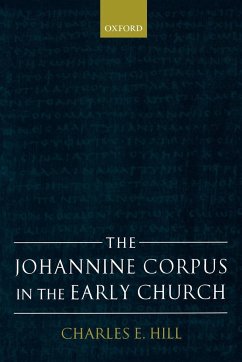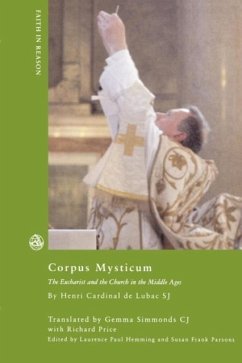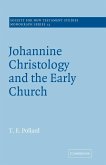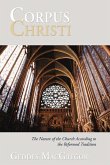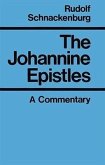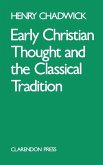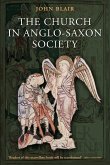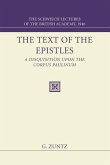How were the Johannine books of the New Testament received by second-century Christians and accorded scriptural status? Charles E. Hill offers a fresh and detailed examination of this question. He dismantles the long-held theory that the Fourth Gospel was generally avoided or resisted by orthodox Christians, while being treasured by various dissenting groups, throughout most of the second century. Integrating a wide range of literary and non-literary sources, this book demonstrates the failure of several old stereotypes about the Johannine literature. It also collects the full evidence for the second-century Church's conception of these writings as a group: the Johannine books cannot be isolated from each other but must be recognized as a corpus.
The books traditionally associated with John the Apostle constitute a major portion of the Christian New Testament. The influence of these books, particularly the Gospel according to John and the book of Revelation, has been immense both in Christianity and in Western culture. This study provides a fresh examination of how these books were accepted--or not accepted--in the early Church, and in so doing demonstrates why long-held theories about them must be discarded and replaced.
The books traditionally associated with John the Apostle constitute a major portion of the Christian New Testament. The influence of these books, particularly the Gospel according to John and the book of Revelation, has been immense both in Christianity and in Western culture. This study provides a fresh examination of how these books were accepted--or not accepted--in the early Church, and in so doing demonstrates why long-held theories about them must be discarded and replaced.

